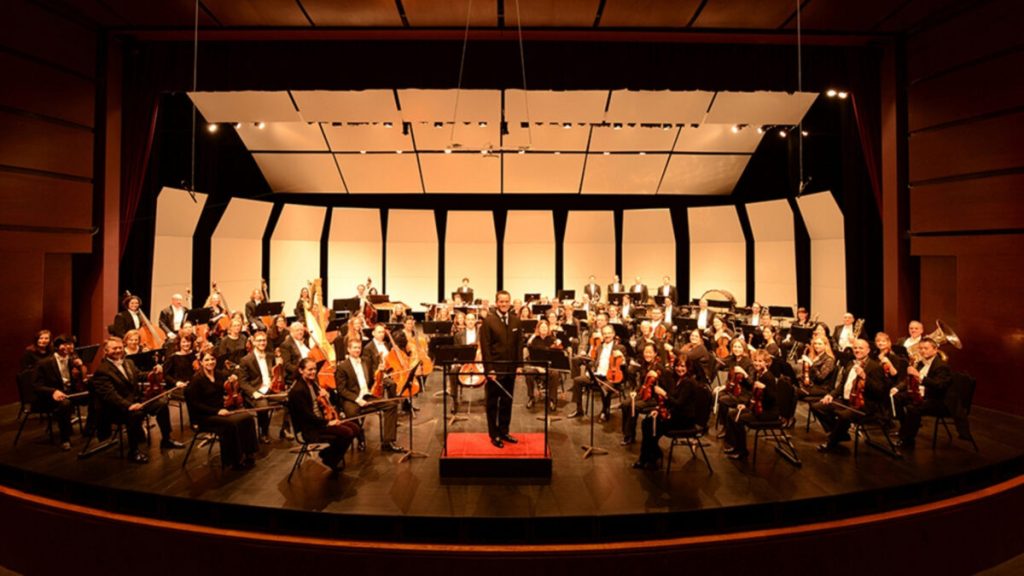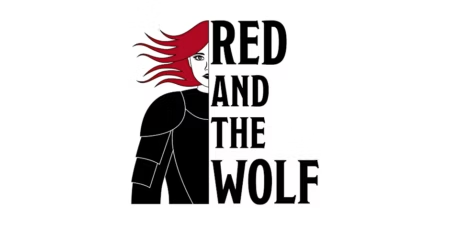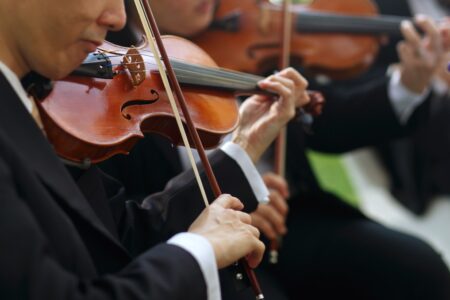Do you want a thrill of pure patriotism, a trigger of love for this country?
In this age of domestic upheaval and cynicism, it’s a tough find.
But consider this weekend and the Elgin Symphony Orchestra’s “Old American Songs” presentation at the Hemmens. You won’t be disappointed.
On Saturday and Sunday, the ESO will be presenting an ode to America from arguably America’s greatest natural-born composer, Aaron Copland, and a Czech, the master Antonin Dvorák.
From the ESO performance notes:
Old American Songs by Aaron Copland
In 1950 Copland compiled a set of five traditional American songs for voice and piano. The premiere took place in England in June of that year, sung by the distinguished English tenor Peter Pears, accompanied by composer Benjamin Britten. The American premiere in December of 1951 was sung by the celebrated African-American bass-baritone William Warfield, accompanied by Copland. The success of Set I prompted an immediate sequel: Set II followed in 1952 with a premiere by Messrs.Warfield and Copland in July of 1953. Copland would eventually make the orchestral version heard today and both versions remain extremely popular.
The ten songs provide a broad overview of American life and experience, ranging from minstrel songs like “Ching-a-Ring Chaw” and “The Boatman’s Dance” to the noble sentiment of religious songs such as the Shaker tune “Simple Gifts”, the gospel hymn “At the River”, and the spiritual “Zion’s Walls.” “The Little Horses” is a lullaby, “Long Time Ago” a sentimental love song, and “The Golden Willow Tree” a ballad telling of maritime derring-do. “The Dodger” is a hilarious spoof of human hypocrisy beginning with the political variety and was actually used as a campaign song by Grover Cleveland in the election of 1884 (an election whose nastiness rivals that of our own time). And then there’s “I Bought Me a Cat”, providing golden-voiced opera singers the chance to sound like farm animals.
The musicologist Leon Botstein has said that Copland “helped define the modern consciousness of America’s ideals, character and sense of place.” He somehow managed to do that whether he was writing one of his majestic symphonies, full-length ballets, or setting these familiar tunes that many Americans can hum or whistle.
Dvorák: Symphony No.9, op.95, B.178, E minor from the New World
“I am convinced that the future music of this country must be founded on what are called Negro melodies. These can be the foundation of a serious and original school of composition in the United States.” That pronouncement was made not by an energetic young American composer who was interested in exploring this country’s ethnic musical roots, but by a fifty-two-year-old composer from Bohemia who had steeped himself for his entire life in the folk music of his native country and had written eight symphonies in the best Central European style. Dvořák’s Ninth (and last) Symphony was his attempt at proving the thesis.
Although From the New World has kept its place as one of the most popular symphonies, it has generated its own share of controversy over the years. The issue has not been its artistic effectiveness, it is obviously the work of a master symphonist, but rather its supposed “Americanness”. It is undeniably true that most Czechs very likely hear the piece as a European masterpiece with many folk-like passages that might well be of Slavic origin. Many of the folk-like tunes are based on the so-called pentatonic or 5- note scale which can easily be found by playing the black keys of the piano. The problem is that this scale has been used for much of the world’s folk music, from Asia to Scotland. (Auld Lang Syne is a classic pentatonic tune.) In a television script with an analysis of the symphony, Leonard Bernstein went so far as to say: “Let’s enjoy it as a fine, moving European composition but let’s not expect it to be American …” Bernstein went on to say that for real American music we would need to wait for composers like Copland as well as jazz. Truth though there may be in those words, it is undeniable that many Americans have heard echoes of their own country and their own experience in this music. Novelist Willa Cather, a sensitive, music-loving artist, heard in the Largo “the immeasurable yearning of all flat lands.” Surely it is no accident that millions of Americans who haven’t heard of Dvořák have sung “Goin’ Home” with feeling. W.J. Henderson reviewed the premiere in the New York Times commenting on the suggestion of “blood and sweat and agony and bleaching human bones” that had been left on “those mighty Western plains.” In addition to his awareness of the sufferings of Blacks and Native Americans, perhaps there is a sense of the composer’s own sorrows and longings for home. As the Dvořák scholar Joseph Horowitz put it: “More than a Bohemian symphony with an American accent, From the New World is a reading of America drawn taught, emotionally, by the pull of the Czech fatherland.”
Saturday, April 2: 7:30pm – 9:30pm
Sunday, April 3: 3pm – 5pm
For more information and tickets, click here.








